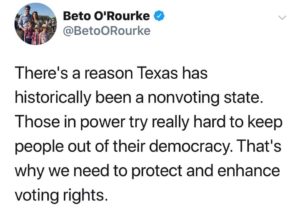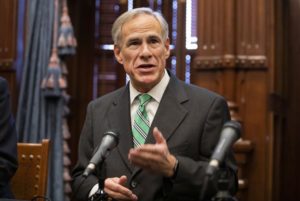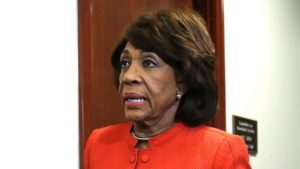You’ve known a name-dropper, right? He or she is the individual who isn’t bashful about mentioning the names of individuals who cross their path.
For 37 years — or so — as a print journalist I was able to meet some mighty big names. I usually resist the urge to drop their names in casual conversation. I will succumb to that urge for the purposes of writing this blog post.
I cannot possibly list all the names of big hitters my career allowed me to meet along the way. I’ll mention a tiny handful of them just to give you a smattering of the good times that I enjoyed while reporting on and commenting on issues of the day and the people who influenced them. It was during an era when politicians and other public figures wanted to be seen talking to newspaper journalists.
George W. Bush was governor of Texas from 1995 until 2000. A higher office took him out of the governor’s office, but in the spring of his first term as governor, I was able to meet him and interview him at some length in his office in the Texas State Capitol in Austin.
He had summoned editorial page editors from around the state earlier that year. Bad weather in Amarillo prevented me from attending that meeting; I called to let the governor’s staff know of my predicament, but asked that they call me if he chooses to have another one of those meetings.
A few weeks later, they called. The governor wanted to meet me. I asked, “Who else will be there?” They said “Just you.” So, I made arrangements, flew to Austin and spent more than 90 minutes quizzing the future president of the United States about this and that issue.
It was a wonderful experience and I learned a great deal about the governor.
Phil Gramm served in Congress first as a Democrat and then as a Republican. He was a friend and ally of President Reagan, the nation’s top Republican. He was so friendly that the House Democratic caucus ousted him from key budget and tax committees because he reportedly was leaking Democrats’ strategies to GOP members.
Gramm then resigned his House seat, changed parties and then got elected to the House again as a member of the Republican Party. I thought that was a courageous step to take. It surely was a highly principled step.
My favorite quip from Gramm, who was elected to the Senate in 1984, came during a visit he paid to us at the Amarillo Globe-News. My colleague and I interviewed him at length. Gramm was fond of quoting his “Grandma” along with the guy from Mexia named Dickie Flatt. He would mimic Grandma in an affected Deep South drawl.
My colleague mentioned a criticism that came from the late liberal columnist Molly Ivins about something that Gramm had said. His response was classic.
“Molly Ivins likely cried when the Berlin Wall came down,” he quipped. It wasn’t very professional of me . . . but I laughed out loud.
One final name . . .
Georgie Packwood once was married to former U.S. Sen. Bob Packwood, an Oregon Republican. Sen. Packwood was running for re-election in 1980. Georgie Packwood campaigned on her husband’s behalf and along the way she managed to visit us at the Oregon City Enterprise-Courier, where I served as editor.
Mrs. Packwood was a smart, erudite and articulate public policy advocate for her husband. We visited for more than an hour, covering all the issues important to Sen. Packwood. We finished, I bid her goodbye and went back to doing whatever it was I had to do.
Several days later, I received a note from Georgie Packwood. It was a brief “thank you” to me for taking the time to meet with her.
Then she offered a specific word of thanks for “not asking about my favorite color.”
Ah, yes. Those were the days.






